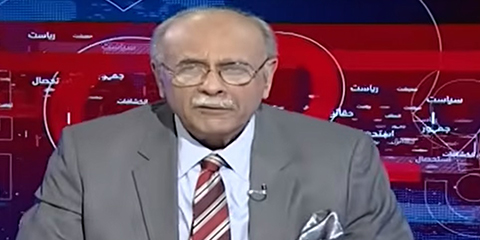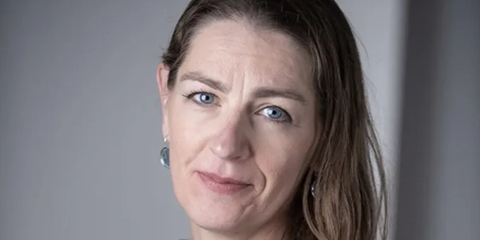I A Rehman
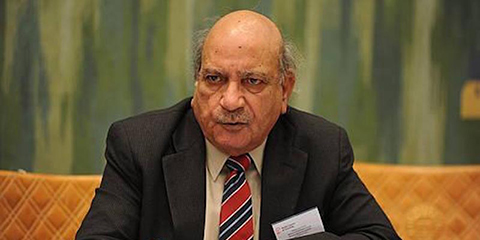
A senior journalist and human rights activist, I A Rehman is known for his outspoken views. He served as editor-in-chief of The Pakistan Times from 1989-90. Since 1990 he has been serving as a director at the Human Rights Commission of Pakistan.
During the turbulent years of 1970-71 that resulted in the breakup of Pakistan and the emergence of Bangladesh, Rehman, in his capacity as managing editor of the Urdu daily Azad, opposed the military action taken by the West Pakistan forces in what was then East Pakistan.
During the regime of military dictator Gen Ziaul Haq, Rehman worked as executive director of the weekly magazine, Viewpoint.
Besides numerous articles and papers, Rehman has to his credit three books: Jinnah as Parliamentarian (co-editor), Arts and Crafts of Pakistan and Pakistan under Siege (collection of columns).
He won the Nuremberg International Award for Peace and Human Rights in 2003, and the Magsaysay Award for Peace and International Understanding in 2004.
According to Dr Fauzia Saeed, I A Rehman is an institution. He is an example for the younger generation of journalists and civil society to learn from. For her, media in Pakistan are shallow and people should learn from people like I A Rehman, who strived for larger objectives like social justices, democratic values and human rights while maintaining impartiality at the same time.
Senator Farhatullah Babar says of I A Rehman, he is the only person who can say the most controversial things while remaining uncontroversial. “He has always spoken with sincerity and without any greed.”
Sources: The Oxford Companion to Pakistani History and a news report in The Express Tribune in 2011.

Mushahid Hussain Sayed
Mushahid Hussain Sayed has the distinction of becoming the youngest editor of a national English daily The Muslim (now defunct). He achieved this honor at the age of 29 in 1982.
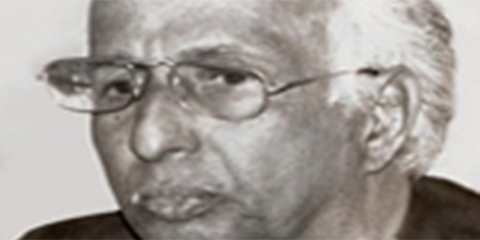
Nisar Osmani
Born in Allahabad in 1931, Mr. Nisar Osmani had his early education in India. Migrating from India soon after the creation of Pakistan, Nisar Osmani stepped into practical life as a school teacher in Bahawalpur.
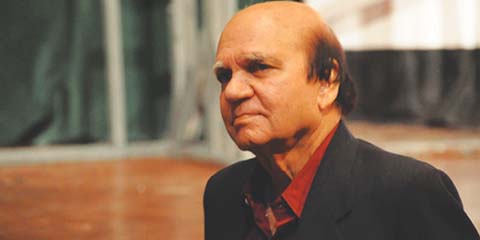
Agha Nasir (1937-2016)
Born on February 9, 1937 in Meerut, India, Agha Nasir was an outstanding director, producer, broadcaster and a TV playwright. After graduating from the University of Karachi, he started his career with a stint with Radio Pakistan in 1955.
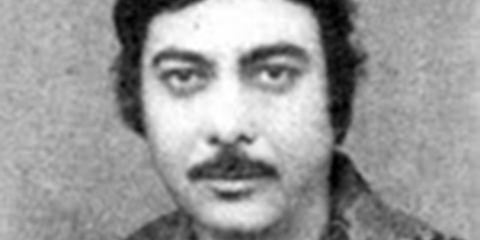
Riaz Batalvi (1937-2003)
Riaz Batalvi, a journalist, became a writer and a dramatist, giving PTV two of its best productions - Aik Haqeeqat, Aik Afsana and Dubai Chalo. Born as Riazul Hasan in February 1937 in Gurdaspur
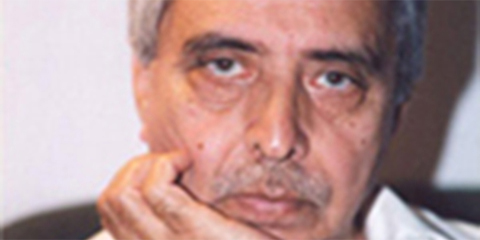
Khalid Hasan (1935-2009)
Khalid Hasan was a senior Pakistani journalist and writer. He was born in Srinagar, Kashmir. He was the brother in law of the first elected president of Azad Jammu & Kashmir K H Khurshid, private secretary

Ardeshir Cowasjee (1926-2012)
Businessman, philanthropic and outspoken columnist, Ardeshir Cowasjee was regarded as an 'old guardian' of Karachi city. Cowasjee belonged to a well-known Parsi family of Karachi
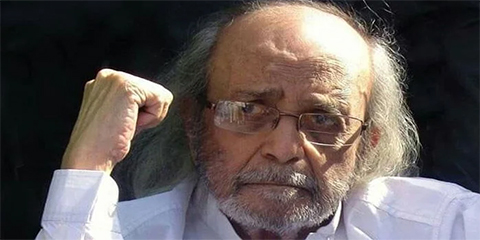
Saleem Asmi
Beginning his journalistic career in 1959, Saleem Asmi joined The Times of Karachi as a sub-editor. Like most journalists from his era, he became part of The Pakistan Times, becoming the newspaper's city editor.
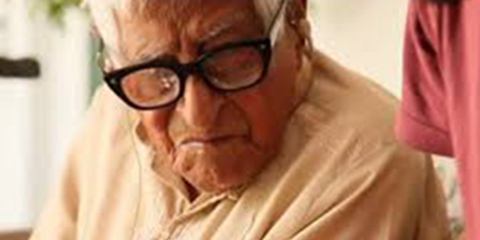
F.E. Choudhry (1909-2013)
Affectionately known as Chacha in the journalist community, F. E. Choudhry is credited to have introduced innovative features to photojournalism, such as cricket action photography, pictorial and
Newsroom

Pakistan’s ad ban on Dawn sparks media freedom concerns
December 14, 2025 Dawn Media Group says Pakistan has imposed an unannounced ban on government advertising, drawing condemnation from media bodies over press freedom and independent journalism.
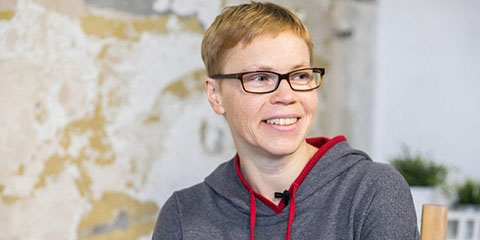
Belarus journalist Maryna Zolatava freed after four years
December 14, 2025 Belarusian journalist Maryna Zolatava was released after spending more than four years in detention, along with 123 other political prisoners, highlighting the ongoing struggles for press freedom under Lukashenko.
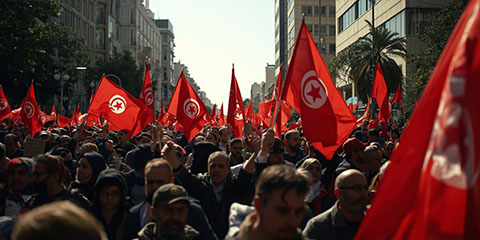
Tunisia protests revive press freedom concerns
December 14, 2025 Protests in Tunisia on December 13 spotlight jailed journalists and politicians, renewing international concerns over legal and administrative pressure on independent media.

PFUJ raises alarm over pressure on Dawn Media Group
December 14, 2025 Pakistan Federal Union of Journalists condemns the advertising ban on Dawn Media Group, warning that it threatens press freedom and calls on the government to restore ads immediately.

Japan anti-espionage law plan raises media freedom fears
December 14, 2025 Japan plans fast-track anti-espionage and secrecy laws, prompting warnings from legal experts and press advocates that broad rules could chill journalism and weaken source protection.





